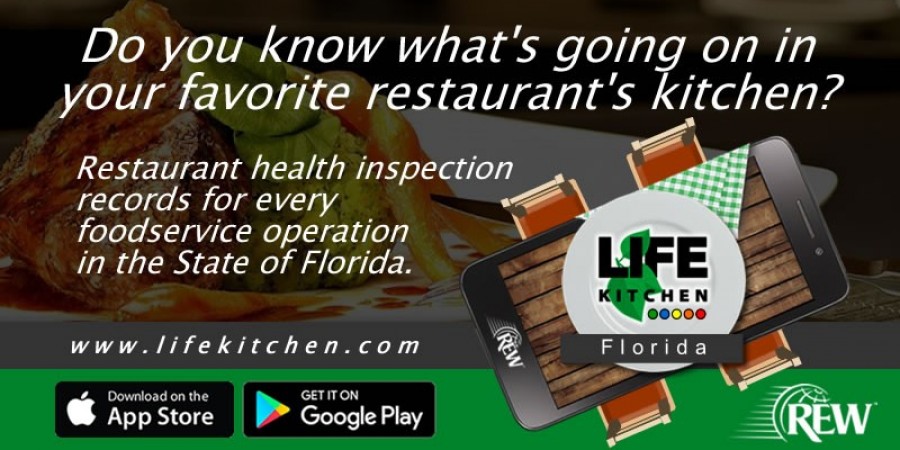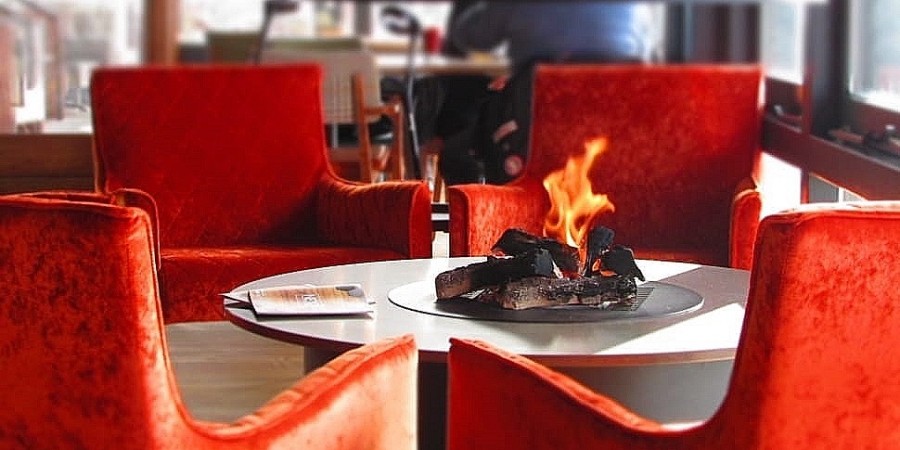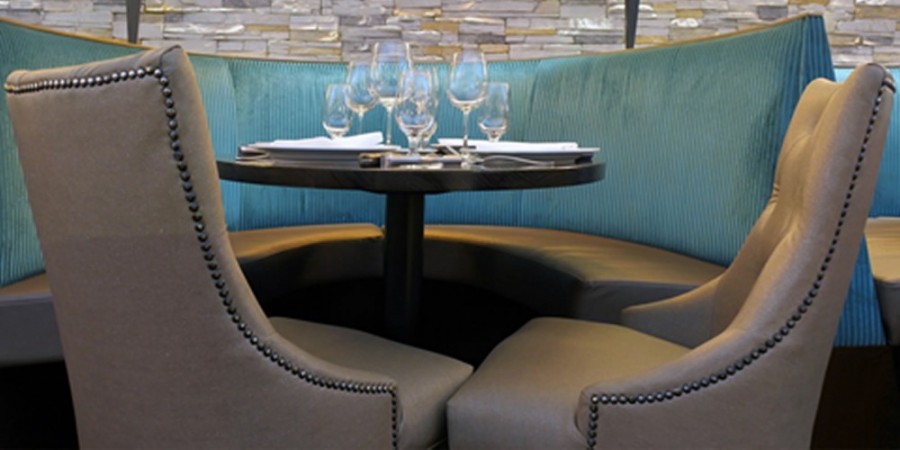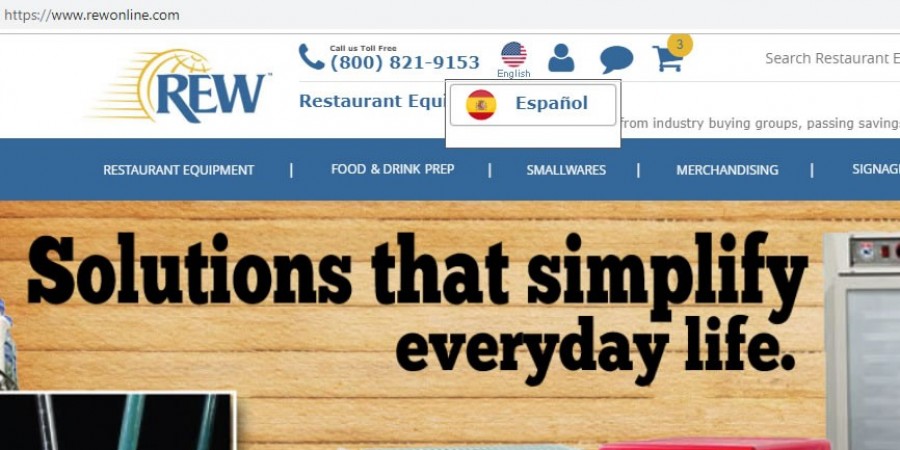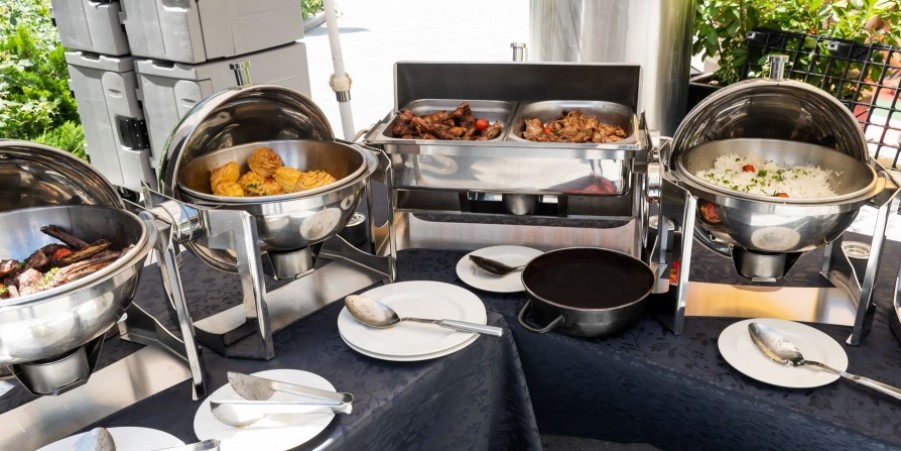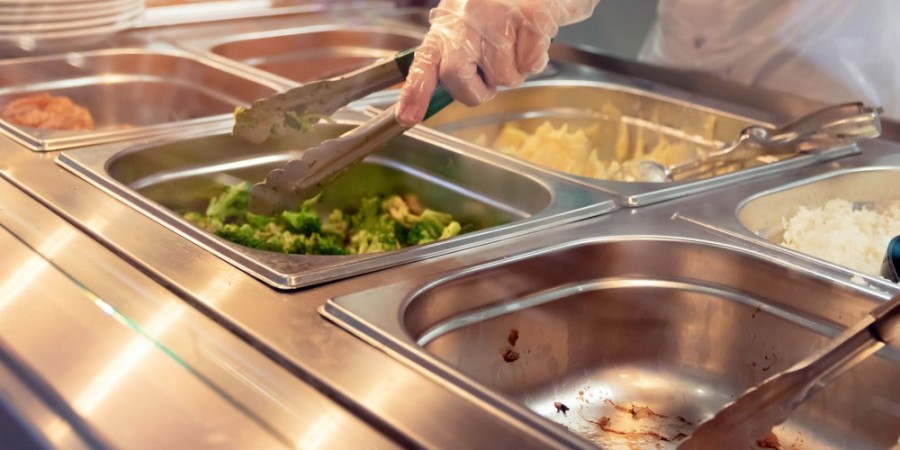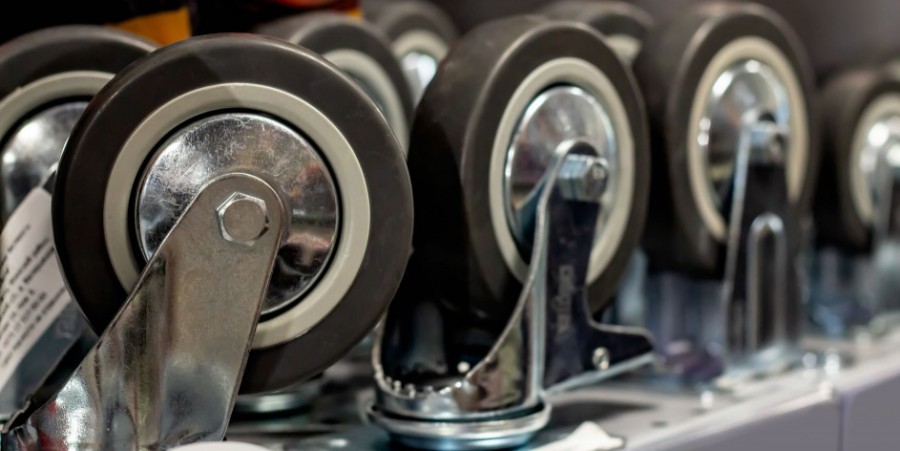Social couponing, in which online coupon offers go active once a minimum number of registered users sign on to them, has become a hot new promotional platform, at least for Groupon and Living Social. But new research finds that about a third of the merchants extending those discounts may find them a very mixed blessing.

According to study of 150 businesses by Rice University's Jones School of Business, of a coupon promotion by Groupon, those coupon campaigns were unprofitable for 32% of the businesses that ran them. And more than 40% of the response group said they would not run another social coupon promotion again.
According to Jones School associate professor Utpal Dholakia, the author of the research, the profitability of a coupon promotion can be measured by two main criteria: whether customers redeeming the coupons spent more than the coupon amount, and what percentage of those customers came back again to shop without a coupon offer.
Those survey respondents who said the campaigns had not been profitable for them reported that only about 25% of redeemers spent more than the face value of the coupon. They also said that about 13% of those coupon holders came back a second time to shop at full price.
The 66% who reported these promotions as profitable said that 50% of redeemers spent more than the value of the coupon, and 31% returned to become customers again at undiscounted prices. But even some of those businesses who reported successful promotions said they would not be likely to run another campaign on the platform, because the offers did not draw the right customers.

Dholakia found that marketers who set a ceiling on the number of coupons offered through the platform tended to see more demand. However, only 11% of the businesses studied in the survey imposed such coupon caps, and those that did set them relatively high at an average of 2,190 offers.
Foodservice businesses sold significantly more coupons than other types, the survey found:
Restaurants made up the largest single business category in the response pool (32.7%)
Educational services (14%)
Salons and spas (12.7%)
Tourism (8%)
Dholakia writes in the study that "... there is disillusionment with the extreme price-sensitive nature and transactional orientation of these consumers... they are not the relational customers that they had hoped for or the ones... necessary for their businesses' long-term success... "
The report concludes that coupon promotions can draw large customer surges into a business, but many of these will be either new users or price-conscious shoppers, unaware of the need to tip service employees or to tip based on the undiscounted price. Businesses need to consider that these consumers are bargain hunters. By nature they are frugal.
For
additional information about the report, please visit Promo Magazine here.






